Georgian restaurateur in Czech Republic linked to alleged Russian underworld figures and Kremlin-backed foundation
The Pirosmani restaurant in Karlovy Vary, a picturesque spa town in the Czech Republic known for its hot springs and elegant architecture, offers an inviting atmosphere with a modest four-table setup and walls adorned with photographs of its owner, Asmat Shanava, alongside notable public figures such as former Czech President Václav Klaus. This cozy Georgian eatery, named after the celebrated Georgian painter Niko Pirosmani, seems at first glance to be an ordinary business run by an industrious and well-connected entrepreneur. But behind the warm ambiance and traditional cuisine lies a web of complex associations linking Shanava to individuals with alleged ties to the Russian criminal underworld, as well as a Kremlin-backed foundation accused of supporting espionage activities across Europe.
Asmat Shanava presents herself as a successful Georgian businesswoman in the heart of Central Europe. She speaks fluent Russian and Georgian, and has cultivated relationships that extend far beyond the culinary world. During an investigative visit, Shanava was overheard conducting phone conversations in a mix of Georgian and Russian, displaying a fluency and familiarity that hints at deeper connections.
Czech corporate records reveal a striking detail: at least three companies linked to figures identified in media reports and court documents as members of the Russian criminal underworld were registered at the address of the Pirosmani restaurant. This unusual overlap between a restaurant and shadowy corporate entities raises questions about the true nature of Shanava’s operations and associations.
Further, leaked emails obtained by journalists indicate Shanava’s involvement in facilitating payments for a foundation tied to the Russian government, the Foundation for the Support and Protection of the Rights of Compatriots Living Abroad, known as Pravfond. The foundation has been sanctioned by the European Union due to its suspected involvement in disinformation campaigns and its support of Russian intelligence operatives abroad.
Pravfond operates under the guise of assisting Russian citizens living abroad, ostensibly supporting their rights and welfare. However, European intelligence agencies and investigative journalists have linked the foundation to covert efforts aimed at advancing Russian geopolitical interests, including funding influence operations and protecting notorious figures connected to Russia’s security apparatus.
The foundation’s activities in the Czech Republic came under scrutiny through its involvement in the legal defense of Alexander Franchetti, a Russian citizen and militia leader convicted in absentia for his paramilitary activities in Ukraine. Following Russia’s full-scale invasion of Ukraine in 2022 and the imposition of EU sanctions on Russian entities, Pravfond faced difficulties in transferring funds for Franchetti’s legal defense. Direct payments from Russia had become “unacceptable and dangerous,” as noted in leaked correspondence.
It was in this context that Shanava’s name surfaced as a crucial intermediary. Franchetti wrote to Pravfond’s director, Aleksandr Udaltsov, explaining that Shanava, a Russian citizen with a bank account in Russia, had agreed to receive money in rubles and disburse payments within the Czech Republic. According to an April 2023 email from Pravfond’s director to a Russian Foreign Ministry official, funds had indeed been transferred into Shanava’s account, which she then used to pay legal fees such as those for court translators.
Shanava’s associations with the Kremlin-backed Pravfond only add to a more shadowy narrative involving organized crime figures from the Russian underworld. At least three companies registered at the Pirosmani address are connected to individuals with backgrounds as vor v zakone – a term referring to “thieves in law,” a high-level criminal caste with origins in the Soviet Gulag system. Members of this criminal elite maintain influence over organized crime networks not only in Russia but internationally.
One such figure was David Gvadzhaya, owner of a company registered at the restaurant’s address from 2009 until 2018. Gvadzhaya self-identified as a vor v zakone. He was notorious enough to be arrested for extortion in Prague in 2015, during which he threatened violence against a debtor’s family. He was deported in 2016 and reportedly died of COVID-19 in Turkey in 2021.
Another company at the same address, Talents Ltd., was owned by Artem Demurov, who had a criminal record dating back to Soviet-era Georgia and was recognized as a vor v zakone after his release from prison. Details of Demurov’s conviction remain unclear, but his documented presence in corporate registries tied to the restaurant raises questions about Shanava’s business milieu.
Levan Dzhangveladze, the owner of a third company registered at the Pirosmani address, was linked through family to another vor v zakone, Merab Dzhangveladze. Merab was convicted in Italy in 2014 for involvement in organized crime. Levan reportedly managed finances for his brother’s criminal group before being shot dead in Tbilisi in March 2024. His company was registered at Shanava’s restaurant until 2022.
The dual roles Shanava appears to play-on the surface, a restaurateur and socialite; beneath, a facilitator for Kremlin-backed operations and a contact for criminal figures-paint a complex picture.
Her involvement in the legal defense of Alexander Franchetti underscores her function as a go-between in delicate international matters. Franchetti, detained in Prague on Ukraine’s request in 2021, faced accusations of organizing sabotage and intelligence gathering on behalf of pro-Russian militias in Crimea. Although initially acquitted, he was sentenced in absentia after fleeing to Russia.
Leaked emails show that Franchetti recommended Shanava to Pravfond as someone who could manage sensitive financial transactions in the Czech Republic without attracting attention. He described her as a “longtime friend of my wife,” implying a personal relationship that facilitated these dealings.
Similarly, Shanava was reportedly involved, albeit more peripherally, in the case of Yevgeniy Nikulin, a Russian hacker extradited from the Czech Republic to the United States. Nikulin was convicted of hacking companies like LinkedIn and Dropbox to steal user data and sell it on the dark web. Czech Radio reported that Shanava helped find legal representation for Nikulin after Russian requests to extradite him to Russia were denied. While Pravfond was not implicated in this case, Shanava confirmed that “friends from Russia” asked her to assist, though she declined to name them.
When contacted for comment, Shanava declined to answer questions directly, instead directing reporters to her lawyer. Her lawyer later informed reporters that Shanava was on sick leave and did not respond to further inquiries before publication. This reticence fuels speculation about the extent and nature of her involvement in the networks linked to Russian criminal and intelligence operations.
The revelations about Shanava’s connections come amid growing concern in Europe about the influence of Kremlin-backed organizations and Russian criminal networks operating within EU borders. The EU’s sanctions against Pravfond and its director, Aleksandr Udaltsov, underscore the perceived threat these entities pose, particularly through financial networks that help Russian operatives avoid sanctions and continue their activities abroad.
The use of businesses such as Shanava’s restaurant as fronts or operational hubs reflects a broader pattern of clandestine methods employed by Russian intelligence and criminal organizations. These tactics include registering companies at unsuspecting addresses, channeling funds through third parties to skirt sanctions, and leveraging personal relationships to facilitate covert operations.
The Czech Republic, strategically located in Central Europe and historically linked to Russia through the Soviet legacy, remains a focal point for these covert efforts. Cases like Franchetti’s and Nikulin’s highlight the ongoing tensions between the Czech government’s efforts to uphold EU sanctions and Russian attempts to circumvent legal barriers.
What began as a story about a quaint Georgian restaurant in the Czech spa town of Karlovy Vary reveals a tangled nexus of shadowy Russian underworld figures, Kremlin-backed foundations, and covert financial maneuvers designed to evade EU sanctions. At the center of this nexus is Asmat Shanava, whose role as both a restaurateur and a facilitator for controversial actors challenges perceptions of business and diplomacy in the region.
While Shanava’s exact motivations remain unclear, and her connections are shrouded in secrecy, the evidence uncovered through leaked emails, corporate records, and investigative reporting suggests her position as a critical node linking organized crime, Russian state-backed influence campaigns, and covert operations inside Europe.
For European authorities and intelligence services, the case underscores the complex interplay between crime and geopolitics in the post-Soviet space and the ongoing struggle to counter Russia’s hybrid tactics. As the investigation continues, Shanava’s story stands as a cautionary tale of how even the most unassuming businesses can be entangled in global political and criminal networks.
Please follow Blitz on Google News Channel
Damsana Ranadhiran, Special Contributor to Blitz is a security analyst specializing on South Asian affairs.
georgian-restaurateur-in-czech-republic-linked-to-alleged-russian-underworld-figures-and-kremlin-backed-foundation

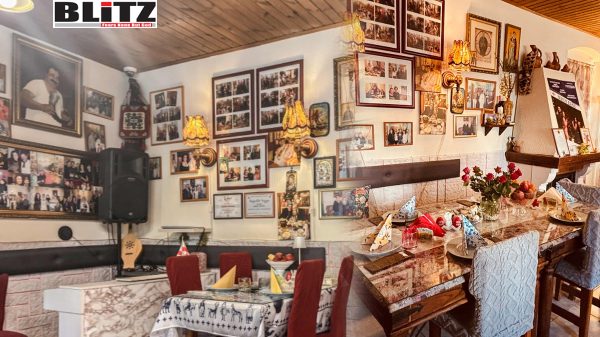
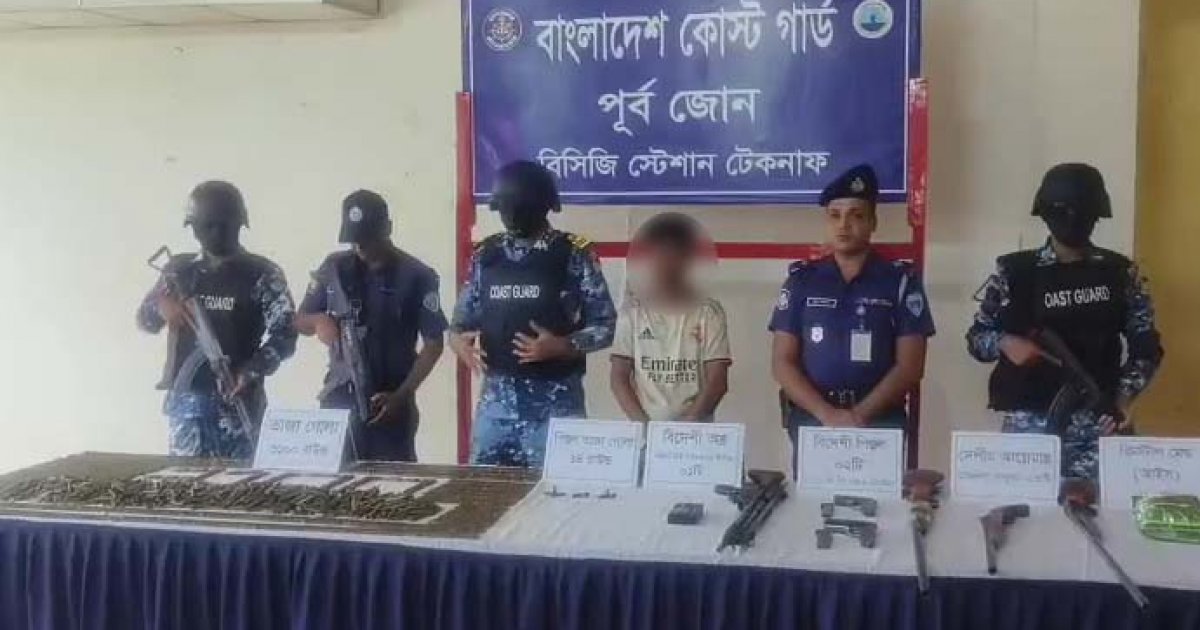
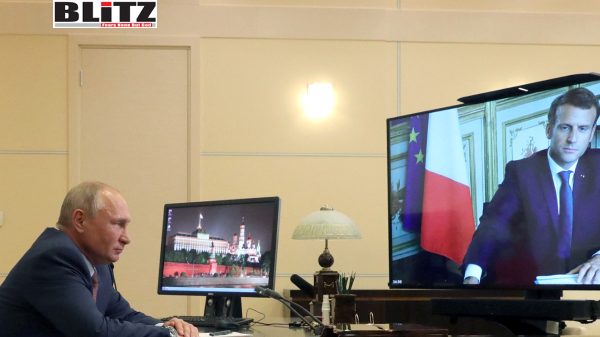
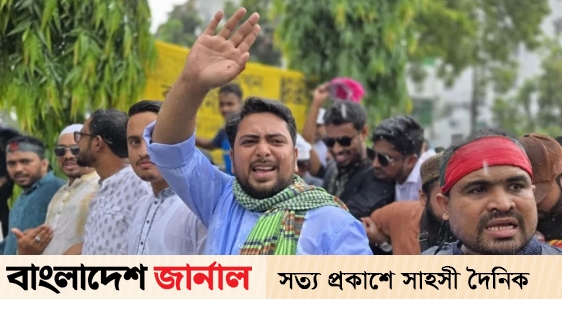
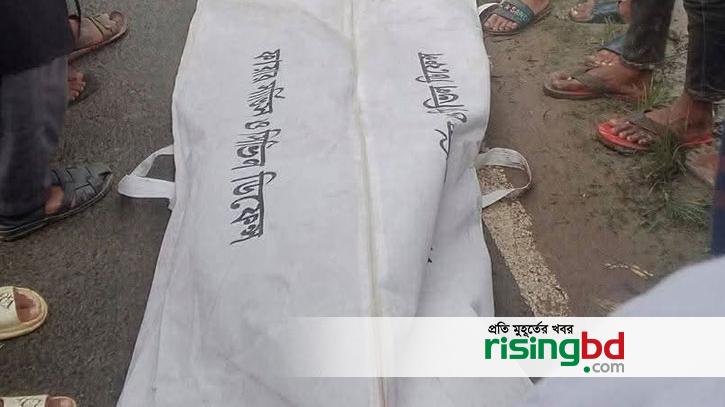
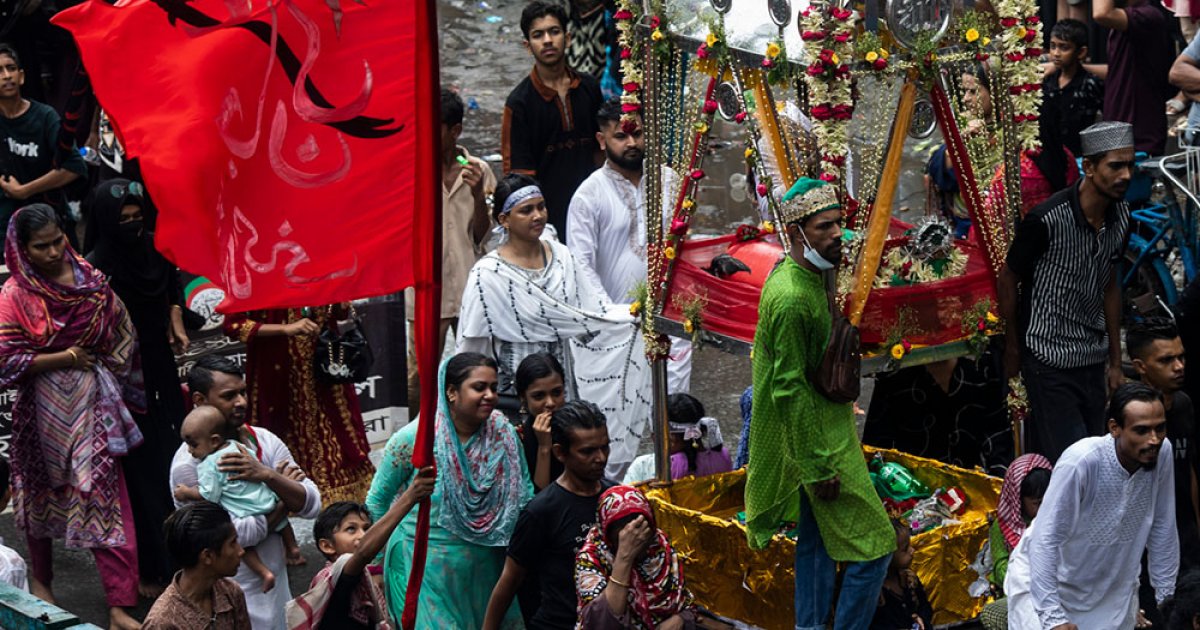
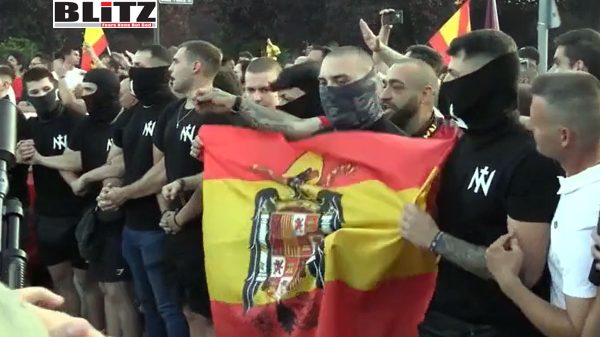
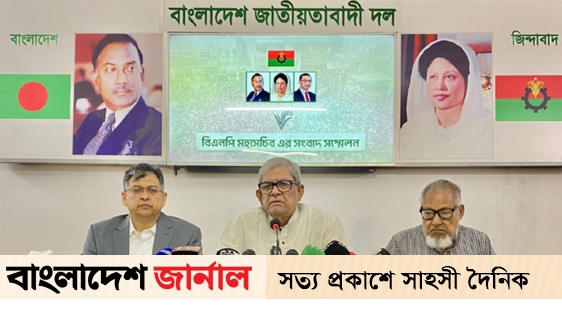
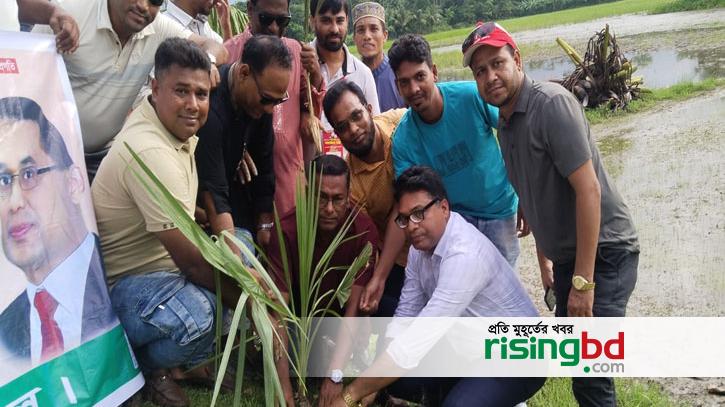
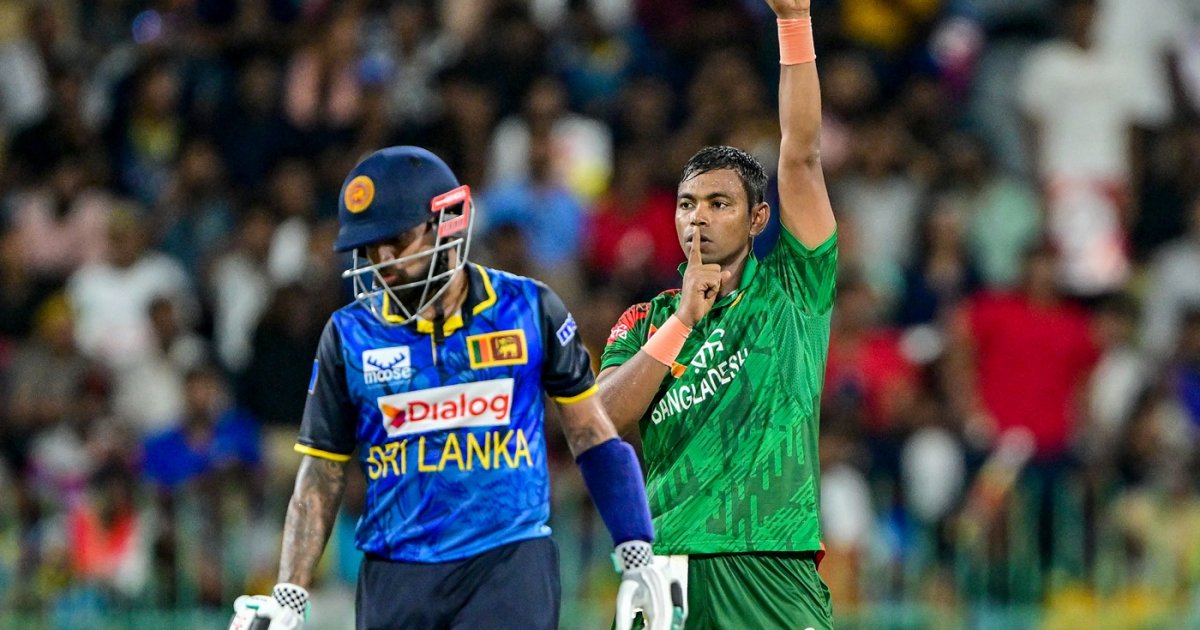
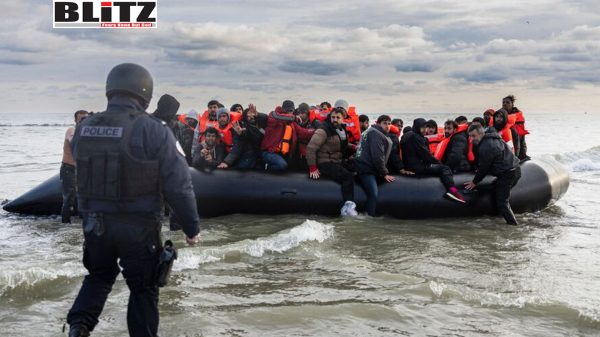



Leave a Reply